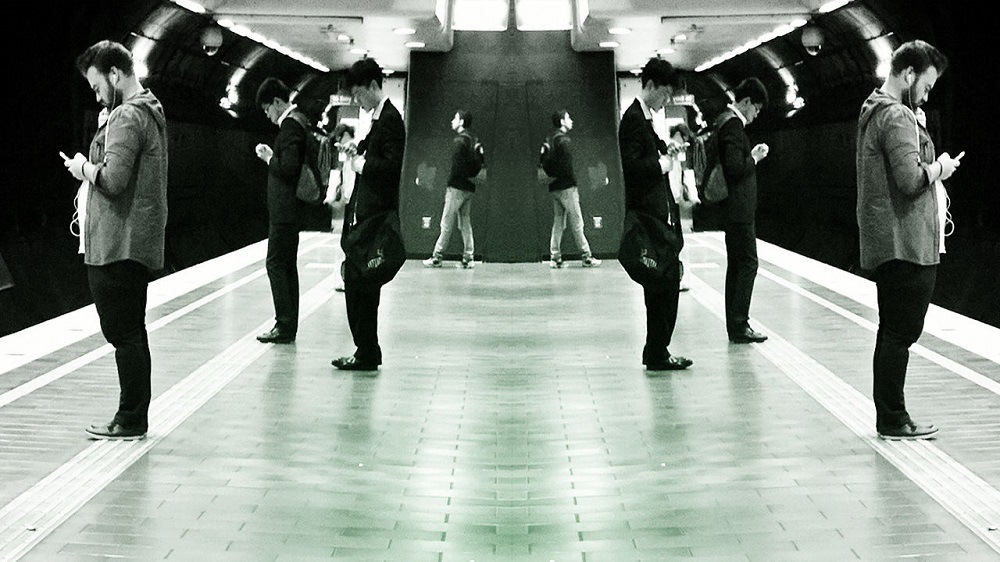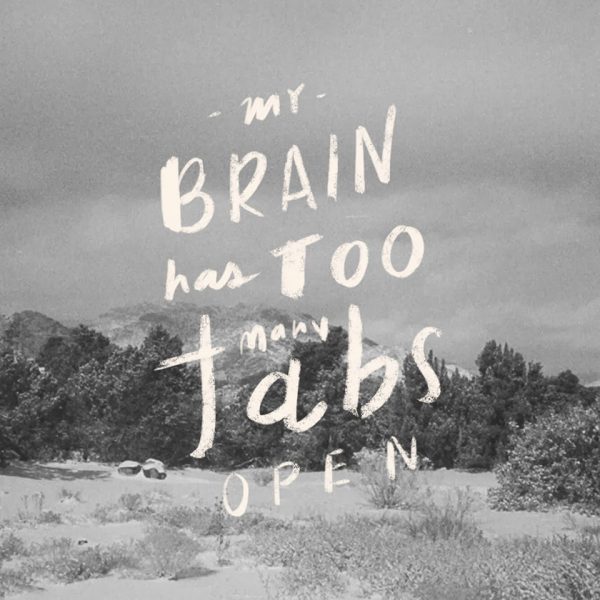
If you’ve been spending time on your smartphone or tablet as much as a lot of people do these days, you may have chanced upon an article showing this ludicrous invention, which is made up of a bunch of LEDs to be installed on sidewalks that’s supposed to act as a walk/don’t walk signal for people who can’t take their eyes off their smartphones. First, it’s driverless cars, now it’s digital road signs for smartphone users who don’t want to look both ways before crossing the street like our ancestors did ever since chariots were invented. It’s as if some higher power doesn’t want us to keep our eyes off our smartphones, to keep us forever scrolling on articles or watching videos hoping that we might tap on an ad or two. Pokemon GO isn’t helping much either. If this is how the world is coming to, with people shambling around like the Walking Dead, glazed eyes on their phones, then we could use a digital detoxification.
No, that couldn’t be. So when was the last time you went to bed without checking your phone first? Or have you woken up in the middle of the night without having looked at your phone first thing? How does that bagel taste while you’re looking at what your friend’s having across town? How about when you clock in at a workplace with no internet security? What’s the first thing you look at? Is it work-related? Lastly, when was the last time you had a family meal without yours or some other family member’s eyes on a phone or tablet?
Humans are a natural sponge of information about his/her own relative points of interests. Put all that in one or two apps, a fully-charged battery and that’s all she wrote. If it’s not related to survival, a short work deadline, it becomes second fiddle to playing games or digital media consumption. Internet addiction is something that’s easily acquired especially now with faster internet speeds and greater mobility. Many people are just one notification away from spending the next 30 minutes of their lives on their mobile phone. Oh, look an instagram from John. Who’s this new follower on Twitter? What’s new on Facebook? What’s this article about Donald Trump’s toupee? Switch Tesla auto-pilot, on!
In the current mobile landscape, research shows that around 15 million mobile users become shut-ins preferring to consume digital media, binge on HBO or Netflix, playing online games, or do instant messaging instead of actual physical socialization. Three out of four internet users consider the internet as being indispensable while eight out of ten use it to ‘keep in touch’ and be up-to-date in current affairs. In the UK, people spend an average of 25 hours a week online, and that one in ten persons go online 50 times a day. So, imagine the effect of a digital withdrawal should the web go down or the device breaks down for a day. Many people already feel lost when they cannot access the internet. Twenty-five percent of young people in the 16-24 age bracket feel anxiety and nervousness. If you don’t like figures, just go to a mall, take your eyes off your own phone and just look around.
In case you do feel the heebie-jeebies when you’re offline or feel lost or helpless without any gadget in hand for more than two hours, you might need to undergo a digital detoxification. There’s more to life without your phone and the internet, and even though clunky desktops existed before the 90s, people didn’t carry them all the time hunting for Pokemon. Digital detox means refraining from using any electronic devices for a certain period of time. Sleep doesn’t count. The shortest is having a regular period of meditation whether or not it’s religiously-motivated. Other methods involve going into special retreats where digital devices aren’t allowed.
Benefits of digital detoxification include good mental health due to the reduction of stress and distractions; better human relationships as human-to-human interactions develop better social skills and understanding; increased productivity due to the reduction of distractions and increased concentration on the task at hand and good posture as standing and sitting straight is much better than looking like the Facebook logo.
As with many addicting substances and activities like smoking, eating and drinking, we humans need to strike a certain balance to be healthy. Addiction to our digital devices falls to that category.


